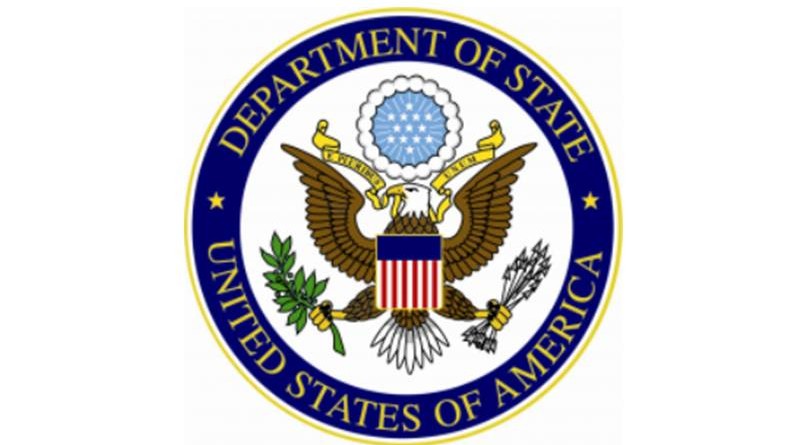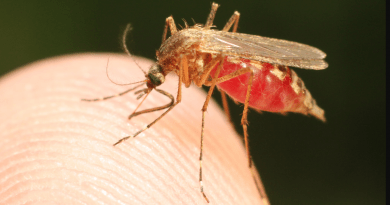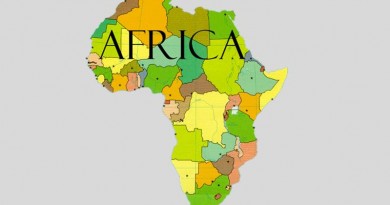United States of America Promotes Ghanaian Trade and Diversified Economic Growth
The United States Government, through the U.S. Agency for International Development (USAID), provided an opportunity for stakeholders to learn about the new tools, manuals and on-line portals that are boosting the exports of Ghanaian trade products, generating more income for citizens, and helping Ghana diversify its export base to high-value markets. The Trade Africa Learning Event, on Wednesday, October 24, brought together Government of Ghana officials and other partners under the theme “Enhancing Ghana’s Trade Competitiveness: Lessons from the Trade Africa Partnership.”
Since 2016, USAID-initiative “Trade Africa” has provided $10 million to support the World Trade Organization Trade Facilitation Agreement, improve phytosanitary standards, help Ghana overcome technical barriers to trade, and support policies that promote regional trade and investment. In one initiative success, USAID supported the Ministry of Food and Agriculture vegetable export task force to improve quality standards in order to restore access by Ghanaian vegetable exporters to the European Union. As a result, the EU intercepted only four shipments of horticultural products from Ghana in 2017, down from 330 in 2014 when the EU instituted a vegetable export ban.
The Deputy Minister of Trade and Industry, Honorable Carlos Ahenkorah, and the USAID/Ghana Acting Mission Director, Steven E. Hendrix, delivered remarks on the importance of trade for Ghana. “The U.S. government is proud to support the Government of Ghana through increased exports of Ghanaian goods and businesses to the world markets,” said Hendrix. “We are working to make Ghanaian goods more competitive and increase opportunities for Ghanaian business to participate more fully in global value chains.”
In 2015, Ghana became a Trade Africa Expansion Country; in support of President Akufo-Addo’s vision of a “Ghana Beyond Aid,” a major pillar of the initiative is broadening access to markets and helping firms seek new export markets to encourage investment regimes, enhance two-way and intra-regional trade, and help Ghana move beyond foreign assistance to a relationship defined by trade.




